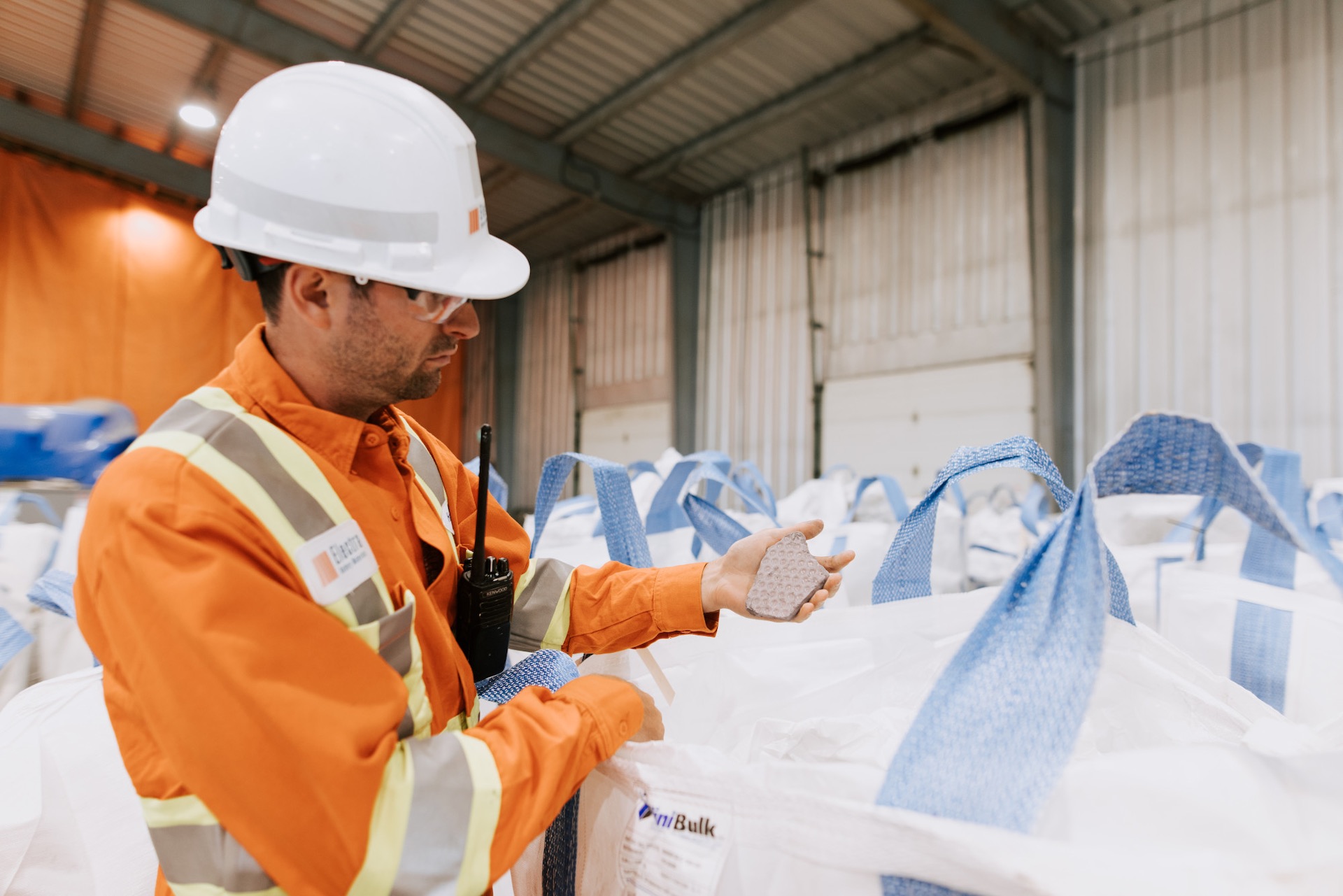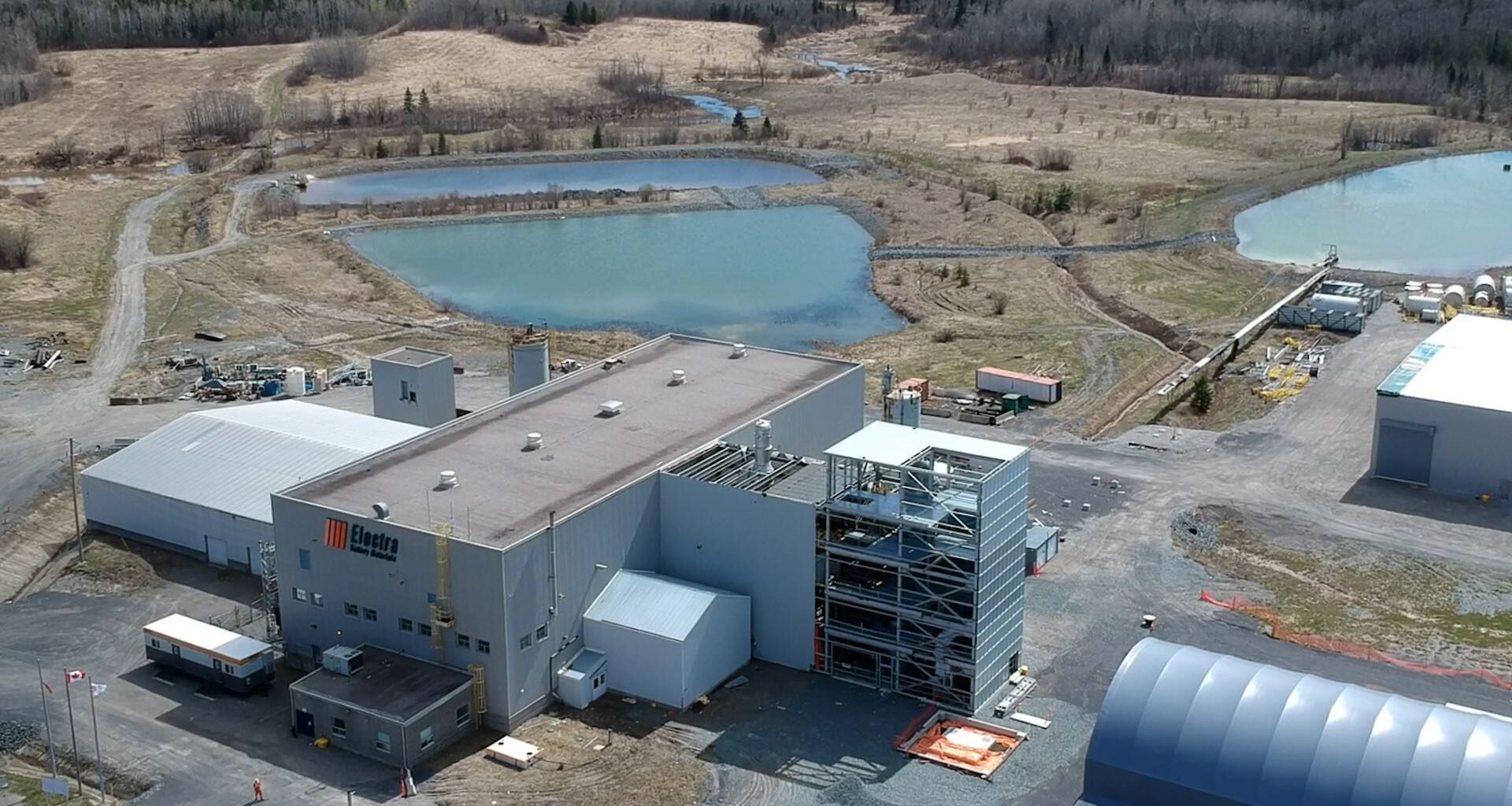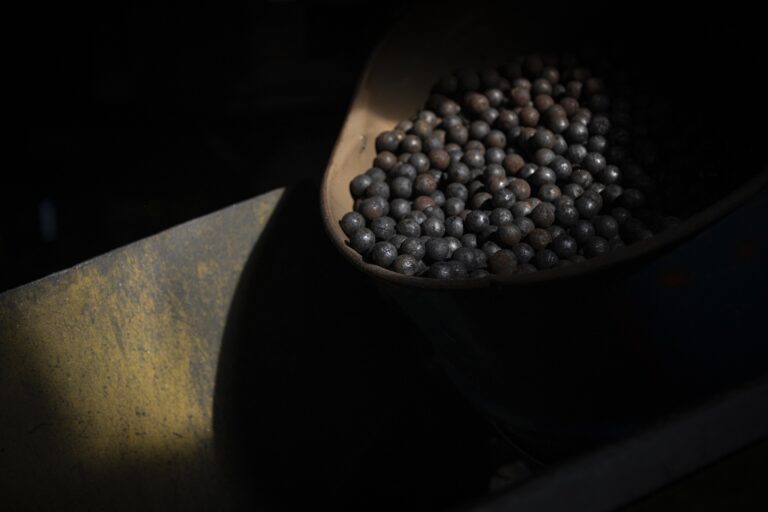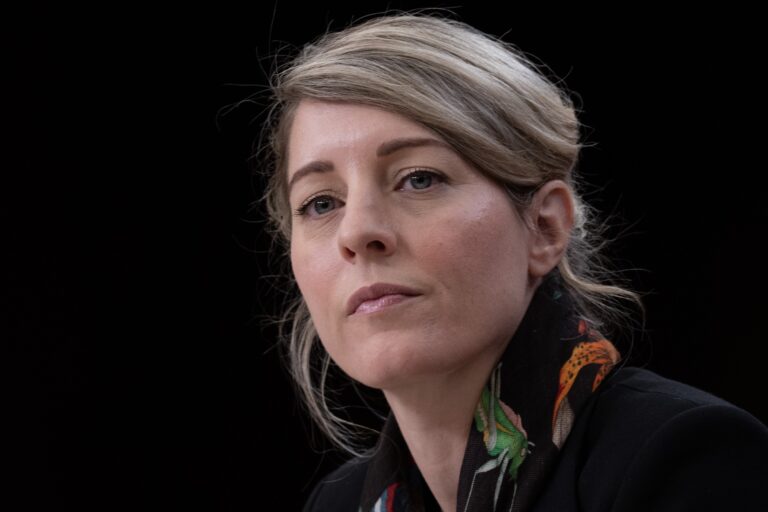A new $100-million refinery near the historic mining town of Cobalt, Ont., could free North America from a tightly controlled global supply chain for a mineral in increasingly high demand. It’s now weeks away from reaching a key construction milestone, and the company behind it is riding a high that has nearly doubled its stock price. But to get there, Electra Battery Materials first had to endure what its CEO calls a “near-death” experience.
Canada touts cobalt refiner Electra as a national success story, but the national push to become a critical mineral superpower has not protected chief executives like Electra’s Trent Mell from the stomach-wrenching reality of running a startup in an industry where China holds most of the pricing power. To build the continent’s first battery-grade cobalt facility, Electra has lined up what policymakers say are the right ingredients for Canada’s critical minerals strategy: prospective customers in Asia, Indigenous partnerships, defence contracts and government funding.
Talking Points
The world’s cobalt supply relies on China and the Democratic Republic of Congo, but both have placed restrictions on critical minerals exports this year
A historic Ontario mining town could hold the key to a new supply opportunity. The company developing it, Electra Battery Materials, has had to get creative to survive the ups and downs of the past few years.
More seed-stage support for Canadian companies, not just multinationals, could be key to boosting the sector, Electra CEO Trent Mell says
Even with all of that, the Toronto-based company’s travails are a lesson for government and private-sector leaders looking to produce the critical minerals used to make semiconductors, power AI data centres and supply the electric vehicle battery factories of the future. For companies like his to survive, says Mell, the industry needs key pieces to sustain itself. Most critically, he says, venture capitalists and governments must invest enough in early-stage entrepreneurs to level the field with rivals in China, and stabilize companies while they seek out equity investors and supply contracts.
“We have given priority to foreign multinationals at the expense of Canadian startups,” Mell says. If nothing changes, he adds, “it is going to be harder for other Electras to succeed.”
Last year, Canada produced about 2.6 per cent of the country’s $8 billion worth of cobalt reserves, said Eyab Al-Aini, a senior researcher at the Canadian Climate Institute, one of five authors of a report assessing the country’s critical mineral prospects. The country would need to attract about $30 billion in new investments to boost production of copper, nickel, lithium, graphite, cobalt and rare earth elements to meet its domestic needs, and about $65 billion to meet global demand over the next 15 years.
Related Articles
By
Anita Balakrishnan and Murad Hemmadi
If it doesn’t get serious about extracting cobalt and other key minerals, Canada would leave $12 billion on the table annually by 2040, the institute found.
Of the 56 critical minerals mines under development in Canada as of June 2024, only one had begun commercial operations in the preceding year and a half. Without a steady cadence of new mines, there is no new feedstock for refineries like Electra’s.
The long lead times for mining projects slowed Electra’s progress, even as politicians were promoting cobalt as a selling point to promote Canada to EV manufacturers. A few years ago, those companies announced investments of $46 billion in Canada’s EV ecosystem, in what was expected to be a bonanza for smaller, local firms that make battery materials. Electra, for one, inked a deal with LG in 2022 and hoped to supply enough cobalt for 1.5 million EVs per year.
When the industry hit a rough patch, though, some Canadian startups found they didn’t have the same safety nets as multinationals. Firms like Lion Electric and Li-Cycle spiralled into insolvency.
In Electra’s case, construction agreements the company tendered at the height of the COVID-19 lockdowns did not fully account for the costs of supply chain disruptions. Freight costs from India, where Electra sourced solvent-extraction tanks, went up between five and eight fold per shipment. The price of electrical work ate away at budgets for the company’s Ontario factory. By summer 2023, Electra was $80 million short of what it needed to keep building. So it paused construction.
“You can call it a near death,” says Mell. “It’s not something I ever want to go through again. Very humbling and very difficult. You have to say stop, put tools down and send crews home.”
The knock-on effects of Electra’s struggle were felt in northern Ontario and beyond. Mayors of nearby communities like Temiskaming Shores and Coleman Township have been planning for economic boosts from the refinery, a boom to rival the silver rush that peaked there in 1911. One factory may not be a big deal for a city like Toronto or Hamilton, says Temiskaming Shores mayor Jeff Laferriere, but “when you talk to rural communities in the north, there’s not a lot of revenue sources.”

A worker inspecting material at Electra’s refinery site in northern Ontario. Photo: Handout/Electra
Meanwhile, the only cobalt mine in the U.S. also halted construction, leaving North America reliant on the Democratic Republic of Congo, which exported over 70 per cent of the world’s supply, most of which was refined in China. The African country has struggled to clamp down on forced labour, and is planning to put quotas on cobalt exports after a months-long export ban. China, meanwhile, has tamped down exports of rare earths and lithium, raising worries that other minerals whose market it dominates could be next.
Though the federal government had provided US$15 million dollars to Electra, it was not enough to complete North America’s first battery-grade cobalt project.
Luckily, Reggie George was looking for an energy industry investment for Three Fires Group, where he is executive director of special projects and partnerships. Headquartered in the Chippewas of Kettle and Stony Point First Nation, the group is wholly owned by Indigenous nations whose traditional territory stretches through Ontario communities like Waterloo, London and Windsor. That gives it little exposure to mining, but close proximity to battery plants. So George reached out to Mell, offering to work with automakers to source batteries that could be shredded, recycled and refined by Electra.
Meanwhile, the U.S. Defense Department (now called the Department of War) agreed to pitch in US$20 million to Electra in fall 2024 to secure cobalt for potential industrial and defence applications.
“We’ve got people lining up to buy the cobalt once it’s produced. The challenge we have is just capital,” Mell told The Logic when that deal was announced.
Electra’s financial restructuring this August was “undeniably dilutive and difficult for existing shareholders,” Mell said. Still, Electra is restarting construction after securing $17.5 million from the Ontario government earlier this month for the Cobalt-area refinery, one of several projects it hopes to build. The company’s shares are up nearly 90 per cent over the past year.
“As a pioneer, you hope the next ones that follow are in better standing.”
Electra vice-president Heather Smiles says the recent equity raise, around $50 million so far, has transformed the company’s prospects over the past few months.
“The fact that it’s taken years to get here is unfortunate. I stand by that. As a pioneer, you hope the next ones that follow are in better standing,” said Mell. “I think what I’ve been advocating for was the right solution, and we’re starting to see tangible evidence.”
Al-Aini, of the Climate Institute, noted that the window of stability for cobalt prices might not last forever, creating urgency for governments to find ways to smooth out fluctuations. Mell hopes Prime Minister Mark Carney’s efforts to cut red tape and support innovators will improve seed financing through both venture capital and capital markets, so the next Electra won’t have to suffer the same risks.
There are no high-purity cobalt refineries in the U.S., and if more companies don’t get into the industry, Canada’s domestic supply of the mineral will be down to Electra, plus a handful of nickel refineries that make a few thousand tonnes of cobalt each year. None of those nickel refineries produce the cobalt sulphate needed for EV batteries, notes Chris Williams, an analyst at Toronto mineral-research firm Adamas Intelligence.
Meanwhile, communities around the old Cobalt, Ont., mine—where locals still tell legends of pink cobalt “blooms” and woodland creatures leading prospectors to glittering deposits—wait patiently for the jobs to return. Mell is hoping construction resumes in a matter of weeks.
“The sooner we get this project going,” says Dan Cleroux, the mayor of Coleman Township, “the better it is for everyone.”



